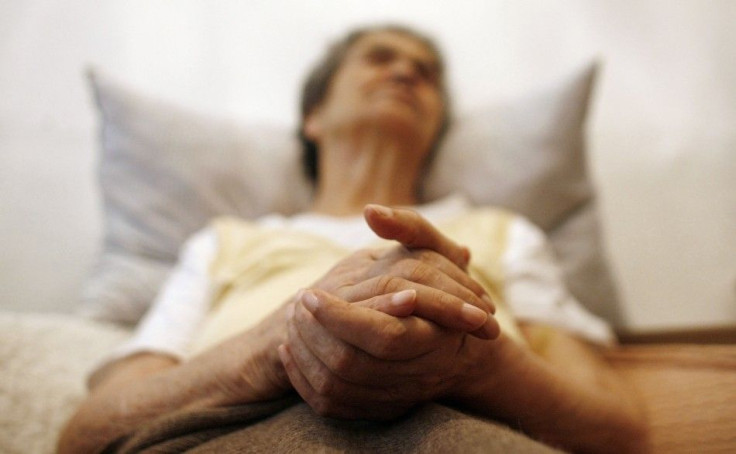Should People Test for Alzheimer’s if There's no Cure?

A new study has found that Alzheimer's Disease is detectable 20 years before its onset, researchers said Wednesday. But then one could ask, should people test for Alzheimer's disease if there is no cure?
54-year-old Barbara Lesher told NPR, I don't remember if I had a bath. She added, It took me two hours to follow a recipe. I drove to my childhood homestead the other week instead of my own home. It's really scary.
Should people like Barbara test for Alzheimer's disease, or is this a lose-lose situation? Currently, prescribed drugs ease symptoms but only help half of the people who are treated and for less than a year on average. No evidence exists that earlier treatment leads to a better prognosis.
The controversial issue is gaining momentum as doctors argue about whether to test patients for the disease and tell them the results.
Doctors argue that quality of life may actually decrease with the diagnosis, and that it may rob patients of the last good years of their life as this most common form of dementia makes its victims unable to care for themselves or think rationally. Furthermore, many patients show symptoms of Alzheimer's when it may not be the cause. Others won't live long enough to see symptoms.
More than 35 million people suffer from Alzheimer's disease worldwide and 5 million of them are living in the U.S. As life expectancy continues to rise, so does this rapidly increasing group. Thirteen percent of adults 65 and over and 43 percent of adults 85 and over have Alzheimer's.
The Alzheimer's Association said that early diagnosis leads to treatment of reversible causes of impairment, access to drugs, lowered anxiety, and the ability to plan for the future.
© Copyright IBTimes 2025. All rights reserved.





















